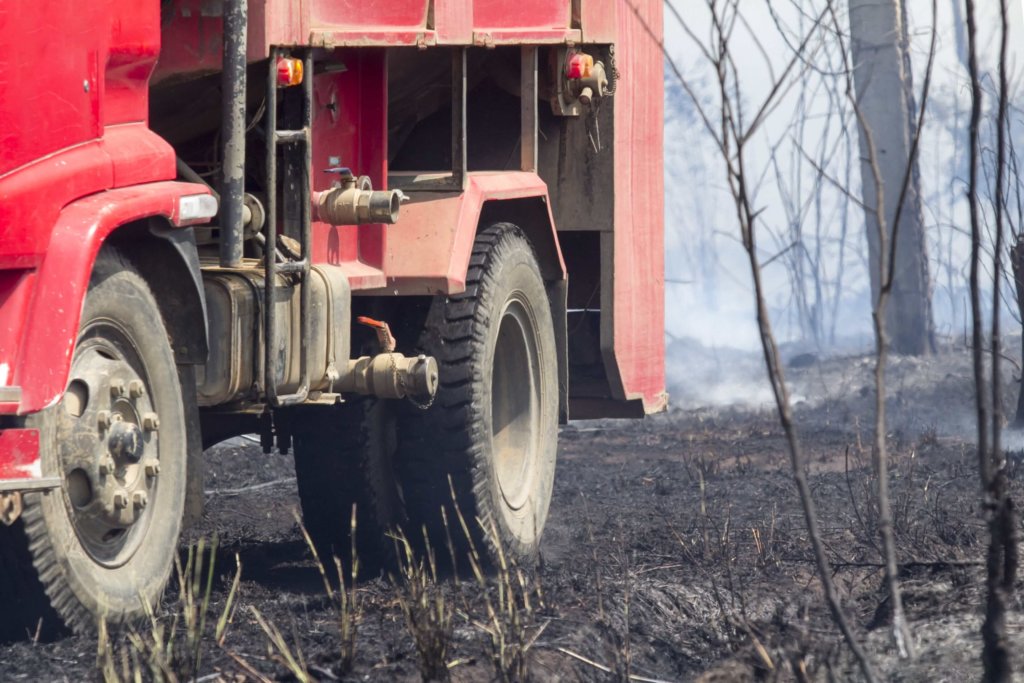What to Know When Dealing with the Death of a Business Partner
Posted on July 27, 2021 | by | Posted in Uncategorized
Death alone is a difficult subject to broach. But it is essential to have this discussion, especially at times when necessary. Moreover, trying to figure out what will happen if you or your business partner dies is a genuine concern to all business owners. While nothing really prepares you for the loss of a person, you can alleviate most of the difficult matters by arming yourself with adequate knowledge.
Death of a business partner
When handling the risk management strategies for your business, you should not only include physical injuries or illnesses. Rather, you should also take into account the possibility of unforeseen tragedies happening to a partner, such as death.
When safeguarding your company from the consequences of such an occurrence, you should not leave it all up to your attorneys to settle the matters after the incident. With that, here are the options available to you should you encounter death of a partner:
- Liquidation and distribution of remaining assets:
If forming a new partnership is not in your plans, this is the alternative to pick. However, you should not opt for liquidation if you are not willing to invest a lot of time and effort. It is possible that the remaining owners may realize that liquidation is sufficient to satisfy the estate of the late partner. If this is the case, you may be required to sell the remaining assets based on their market values and distribute the profit to the remaining partners.
- Dissolve the company completely:
Ultimately, the remaining partners lose their ability to bind the partnership once a partner’s death triggers dissolution and winding up. Moreover, your agreement or state law may compel or allow you to terminate your partnership. Before doing so, the majority of the remaining partners must agree with the decision. In the event that the majority has opted for termination, the company will then proceed to wind up its operations. This will include completing or closing projects and settling existing debt.
- Buy your late partner’s assets:
The main issue that comes with this option is determining the right price of the assets. Moreover, this can be especially challenging for new companies who have valued their inventory based on future revenue. Therefore, the most advisable step to take is to seek help from professionals.
- Sell out to the heirs:
You may also want to consider selling your company to the surviving spouse of your partner or other remaining heirs. However, only choose this option if you are confident that the heirs of the late partner are willing, qualified, and competent enough to take part in the company. Just like the previous choice, the most challenging step of this option is establishing the right values for all the assets.
Business Partners’ Life Insurance
A life insurance payment might help a firm get through a difficult period by providing operational funds. Moreover, it can also assist remaining partners if they plan on purchasing the shares of the deceased partners from his or her heirs. With that in mind, you can come up with an insurance policy that clearly identifies the beneficiaries of a partner.
Do you have a buy-sell agreement?
Before you take any action, you must first determine whether a buy-sell agreement with the late partner has been established. This is a legally enforceable contract that specifies how a partner’s shares will be transferred if that partner dies. Moreover, the contract is often entered into by the partners and their spouses. In most cases, a buy-sell agreement is established along with the initial partnership arrangement. If there has been an agreement in place, the stated steps your company will take if a partner passes away will be followed.
Furthermore, the contract may state that the business share must be sold to the company or the remaining partners based on a respected formula or percentage. Also, partners may be prohibited from selling their shares to other investors unless they receive the approval of the remaining partners.
If you have failed to make a buy-sell agreement with the late partner, you can turn to the Partnership Act of your state.
Why should you have insurance protection for your business?
Just like you, your business partnership needs life insurance. This is a necessary component of your operation, as your company might incur serious penalties if you fail to secure one.
Moreover, there is no harm in planning ahead and preparing your business for unforeseen and unfortunate events. The main reason you should acquire life insurance is to safeguard yourself in the instance where one of the partners passes away. Insurance plans for businesses can be designed such that the earnings are returned back to the firm to help with cash flow and cover extra expenditures. Specifically, it will help you deal with loans, expenses, funds, and assets easier.
How can I acquire business insurance?
Business life insurance works in the same way as ordinary life insurance. Furthermore, it is just as essential to find the proper insurance provider as it is to acquire adequate policy coverage. You will need the guidance of an expert who can help you create a strategy to deal with such a situation.
Each company has its own set of requirements. Therefore, you need to consider your sales, number of employees, assets, location, etc. The insurance representative will guide you in determining your needed coverage and most applicable policy. After you’ve learned about the various insurance coverages available, you should look into which ones are ideal for your company.












